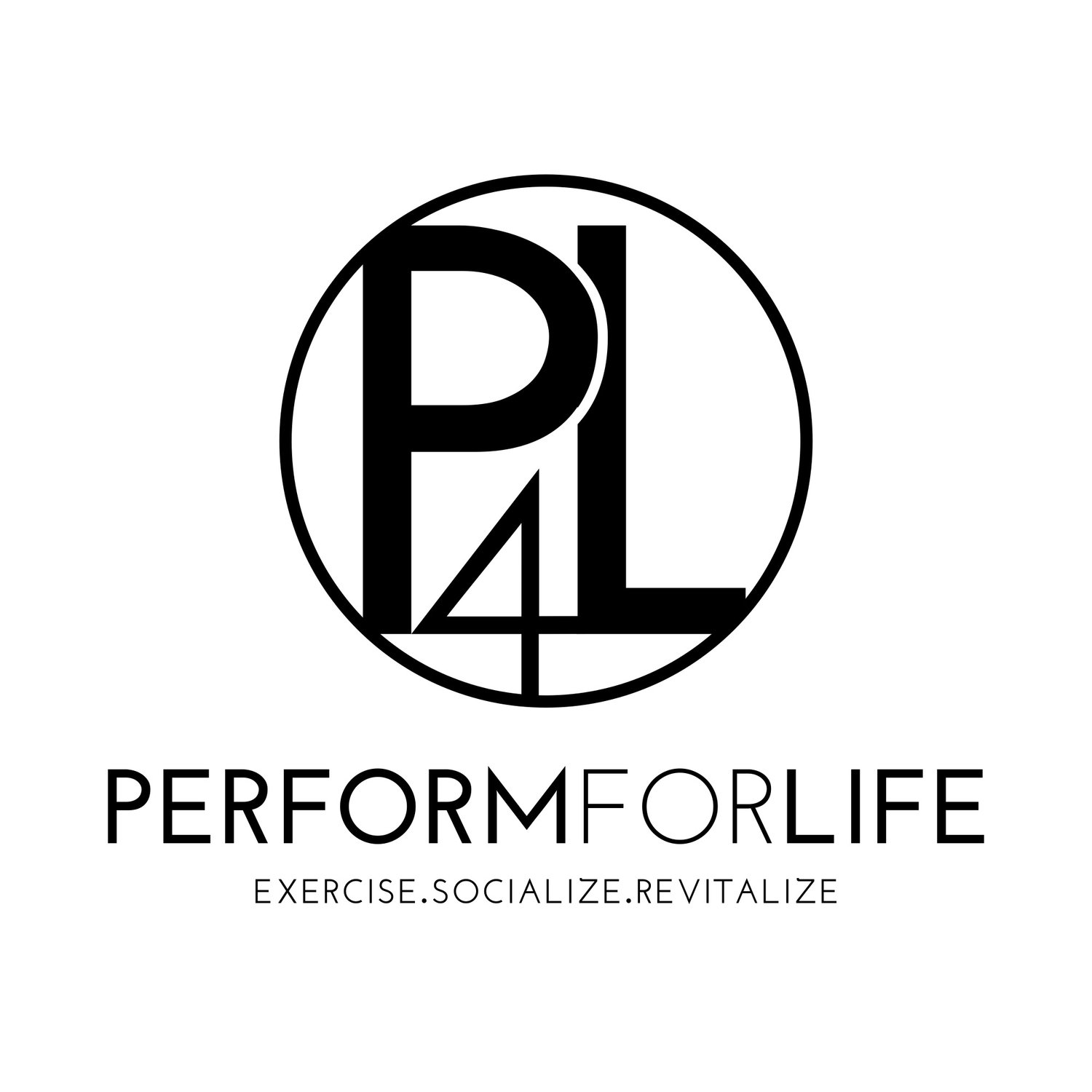How Much Do You Know About Your Cup Of Joe?
As a Registered Dietitian, one of the questions I get regularly is surrounding the topic of coffee and whether or not it is healthy or harmful. The answer, unfortunately (like everything regarding nutrition) is not black or white.
The average person in the US consumes about 3 cups of coffee per day. I’ve heard everything from people being “addicted to coffee” to “plugging their nose while downing an espresso shot” purely to reap the benefits of the caffeine. However, the majority of people I talk to genuinely enjoy the taste of their morning brew as well as their morning ritual of having their cup of coffee to start the day (myself included)!
In recent years, there have been numerous studies that indicate coffee delivers more health benefits than risk. Coffee is one of the largest sources of antioxidants in the western culture diet. Moderate consumption has been shown to lower cancer risk, decrease risk for developing Parkinson’s disease, help to control insulin levels and decrease risk for type 2 diabetes, metabolic syndrome, and heart disease. Coffee is also believed to increase cognitive function and athletic performance.
With these benefits – it seems like drinking coffee is a no brainer right? So what are the potential problems with coffee?
The first problem is what you put into your coffee. The average Starbucks order is 300-400 calories. This is like a dessert for breakfast. Made with love, but also a whole lot of extra fat and calories.
Solution - Switch to a non-fat milk latte and try to decrease the sugar you add in (yes – honey, agave, and Sugar in the Raw is still sugar). Try jazzing up your coffee with cinnamon or vanilla powder (for more antioxidants and polyphenols). My favorite substitution when brewing my own coffee at home is using organic unsweetened Silk soy milk. It provides a creamy/vanilla flavor while saving money!
Short on time in the morning? Easy! I set my coffee pot the night before! Oh, technology these days!
So how MUCH coffee should I drink?
Experts recommend 3 cups (8 ounces each) is “moderate consumption”.
Who should limit coffee/caffeine intake?
If you have hypertension, are elderly, are pregnant or breastfeeding it is suggested to limit intake to about 200mg of caffeine per day.
How to choose the best coffee?
Look at the quality and how it was grown. Fairtrade and organic ensure high quality coffee beans. Coffee is a heavily sprayed crop with pesticides so it is important to look into where your beans are coming from.
Does coffee affect hormones?
Caffeine has been found to exacerbate stress and increase cortisol levels (cortisol is your body's stress hormone that increases when your body is under physical/mental/emotional stress). If you are someone with an increased sensitivity or have thyroid issues, you may want to be mindful of your caffeine consumption.
When is the best time to drink coffee?
It is important to listen to your body and know how caffeine affects you. For many people with sleep issues – caffeine is often a contributor. I recommend drinking your coffee earlier in the day and limit it in the afternoon to avoid sleep disturbance.
The verdict?
Coffee is a win! The latest research is that coffee is not “bad” for you and can offer many health benefits. However, like all things in life, moderation is key and it is important to be mindful of how much you are drinking, what time of day, and those little additions (big calories) that you are putting into your coffee!

